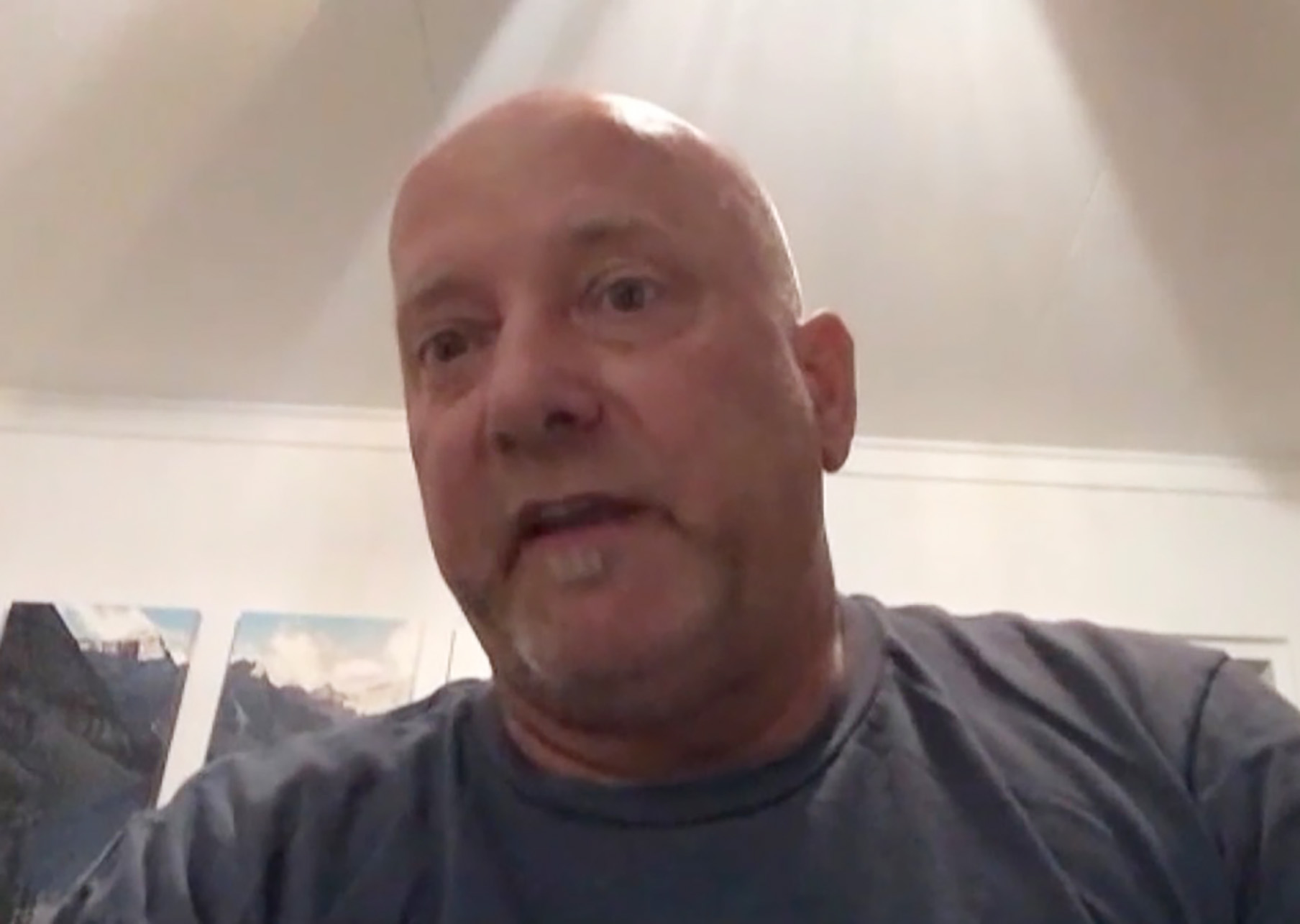A COSTCO shopper saw more than $30,000 drained from his account within hours after receiving a call he thought was from his bank.
Dan Michalski, from Hawaii, was swindled out of the money after being lured into a false sense of security.
In March, he received a call that looked like it was from his bank, per Hawaii News Now.
And his wife surfed the internet to make sure the number was legitimate.
Michalski thought the person on the other end of the line was a bank representative because of how they sounded.
“They knew the charges that I made on my card the past three days, they asked me if I had stopped by Fast Stop at Nanakuli,” he said.
“They asked me if I was at Costco, and they gave me the exact amounts.”
He was adamant that he thought he was talking to a bank worker before being hoodwinked.
“I’m like, I’m not going to fall for somebody calling me and getting my Social Security number or anything else and I totally fell for it,” he said.
The caller reportedly told him money was being sent from his Fidelity account to Zelle.
They claimed Michalski had to give a code that would apparently tackle the supposed fraud.
Michalski received a code via email and relayed it to the caller.
But thousands of dollars disappeared from the account and Michalski was powerless.
‘I got sucked in,’ cries woman who lost $6,200 by putting money in ‘government locker’ – she was told it would be secure
This was because the fraudsters had blocked him.
Michalski scrambled to try and recover the missing money and $10,000 was retrieved.
But he has not been reimbursed for the rest of the missing money.
A Fidelity spokesperson said they take security very seriously.
“We employ numerous physical, electronic, and procedural controls to protect customer information and accounts from fraud and assist law enforcement in its efforts to recover restitution for our customers,” a spokesperson told Hawaii News Now.
Top tips on avoiding scams from a bank

As scams become more sophisticated with the use of artificial intelligence, it is important you know how to spot a scam:
- Be skeptical of online deals that seem too good to be true, especially on social media.
- Scammers will often use tactics to make you panicked so you make quick decisions – be cautious if you are told to take immediate action and verify who has contacted you.
- Chase Bank warns customers to “never return any unexpected funds without calling Chase first.”
- Never send money to someone you have only spoken to online or by phone as this is likely a romance scam.
- Unless you 100% know who you are talking to, never give someone remote access to your device.
- Never accept help from strangers at an ATM and always be vigilant when making withdrawals.
- Do not send money or click any links indicating that you have won a prize.
Source: Chase.com
The U.S. Sun has approached Fidelity for comment.
More than $10 billion was lost by Americans in 2023 because of fraud, per Fidelity.
The company has warned about scams that involve codes being sent to unsuspecting customers.
Customers should never relay the code back to the caller.
The code allows scammers to reset the account password, depriving customers of their money.
“If something seems fishy, hit the brakes,” the company has said.
Customers can add extra layers of security to their accounts such as multi-factor verification.
They should never click pop-up messages or allow callers to control machines remotely.
Fidelity has warned of the different scams that exist.
Customers can get duped into sending money to supposed love interests in romance scams.
Scammers can also impersonate officials from law enforcement agencies to scare bank customers.
Unscrupulous fraudsters might threaten users with arrest warrants if they don’t comply with their requests.
Agencies such as the FBI have warned about spoofing calls.
If users receive a spoofing call, they should report it straight away.



